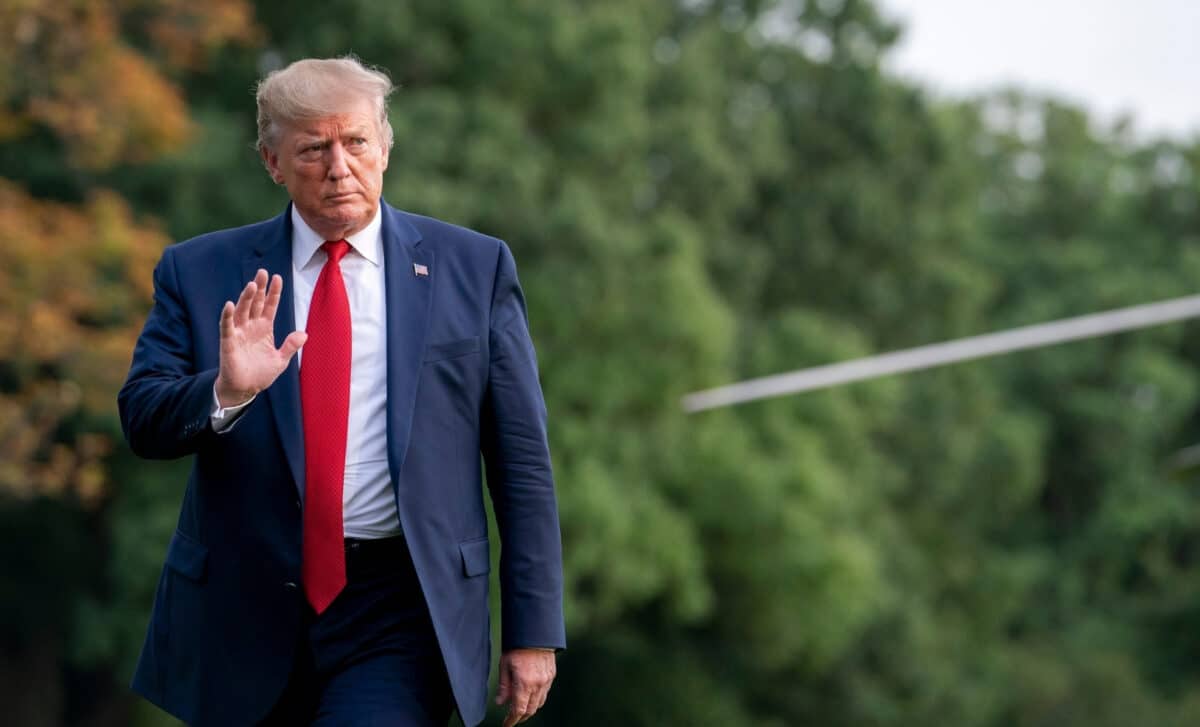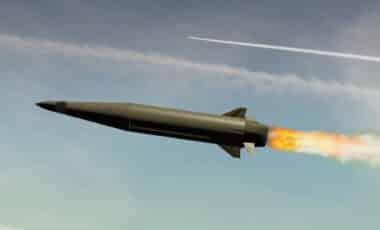President Donald Trump has signaled growing skepticism over the likelihood of reaching a nuclear agreement with Iran, raising concerns about the potential for military conflict. In a recent interview, Trump stated that he is “less confident” about securing a deal, casting further uncertainty over negotiations that are already fraught with distrust.
As the U.S. and Iran return to the negotiating table, both sides are grappling with competing demands and a lack of trust. The failure of these talks could increase the likelihood of escalation, with military options being seriously considered by the U.S. This development is particularly worrying as both nations are positioned across a volatile region, heightening the risk of miscalculation.
The Drone Pact: How Russia, Iran, and North Korea Are Quietly Redrawing Global War Tactics
Trump’s Growing Doubts
In an interview on the “Pod Force One” podcast, Trump revealed his increasing doubts about Iran’s willingness to end uranium enrichment. While he initially believed that Iran would agree to halt the process, Trump now admits that he is “getting more and more—less confident” about a deal. He described the change in the situation, saying, “Something happened to them… I am much less confident of a deal being made“, reports Newsweek.
Trump’s comments sharply contrast with his earlier optimistic outlook when he first entered office. At that time, he suggested that a nuclear deal was within reach, but now he has tempered his expectations, reflecting a shift in the broader diplomatic context. His remarks come at a critical moment as both the U.S. and Iran have agreed to resume nuclear talks. However, mutual distrust, conflicting demands, and the deepening divide over key issues continue to cloud the path to a lasting agreement.
Military Options on the Table
While Trump has emphasized that the U.S. will not allow Iran to develop a nuclear weapon, he has also expressed a preference to avoid war. “It would be nicer to do it without warfare, without people dying,” Trump stated.
Despite this, the Pentagon has reportedly made military preparations should negotiations break down. General Michael Kurilla, the outgoing head of U.S. Central Command, disclosed that strike plans had been submitted to the White House. These plans highlight the potential for military intervention if diplomacy collapses, underscoring the severity of the situation.
Trump’s administration has long pushed for a tougher nuclear deal with Iran, which he argues gave Tehran too much leeway. Since withdrawing from the 2015 Joint Comprehensive Plan of Action (JCPOA), the Trump administration has sought to impose stricter terms. These include limitations on uranium enrichment and broader restrictions on Iran’s regional behavior, all of which remain major sticking points in the current negotiations.
Iran’s Military Warnings
On the Iranian side, tensions are also rising. While Iran has consistently maintained that its nuclear activities are intended for peaceful purposes, such as energy production, its military has issued a stark warning.
General Aziz Nasirzadeh, Iran’s Defense Minister, threatened that Iranian forces would target U.S. bases across the region if hostilities break out. “If a conflict is imposed on us… all U.S. bases are within our reach,” Nasirzadeh said. This statement further escalates the rhetoric surrounding the already fragile negotiations, increasing the threat of military conflict should talks collapse.
Iran has consistently reiterated its stance on the nuclear deal, claiming that previous agreements were flawed and too lenient on issues such as uranium enrichment. However, Trump’s insistence on stricter terms and Iran’s continuing defiance suggest that any agreement reached will require significant concessions from both parties.
Resumption of Talks and the Looming Risk
Despite the rising tensions, both the U.S. and Iran are set to resume talks later this week. Trump has indicated that discussions could begin on Thursday, with Iran pointing to Sunday as the likely start of talks in Oman. T
ehran is expected to submit a counter-proposal to the U.S. offer, which it had previously rejected. While both sides continue to engage diplomatically, the growing military threats and the mutual lack of trust cast a long shadow over the talks, leaving the possibility of a peaceful resolution in doubt.
The stakes of these talks could not be higher. With American military assets stationed across the Middle East and Iranian forces threatening retaliation, any misstep or diplomatic failure could spark open conflict between two of the world’s most powerful nations.








